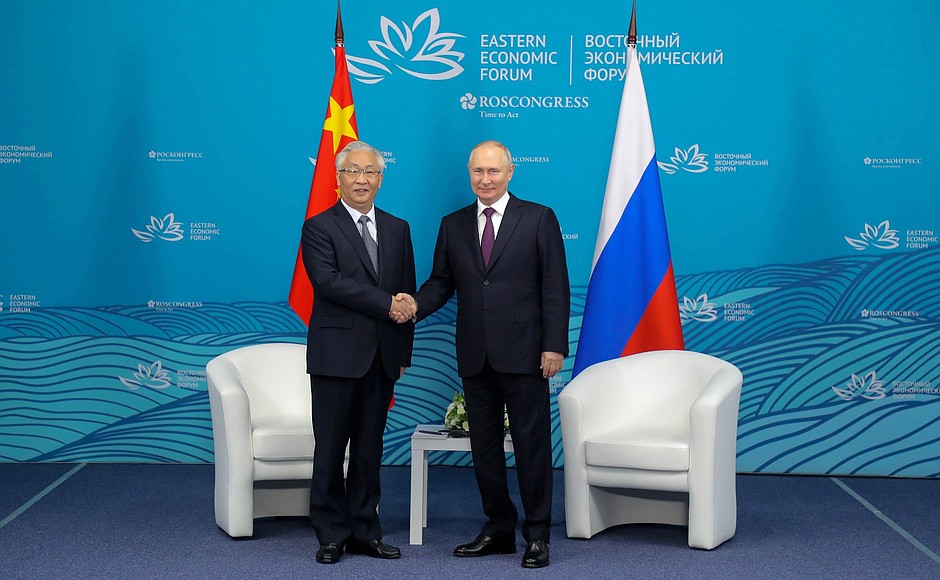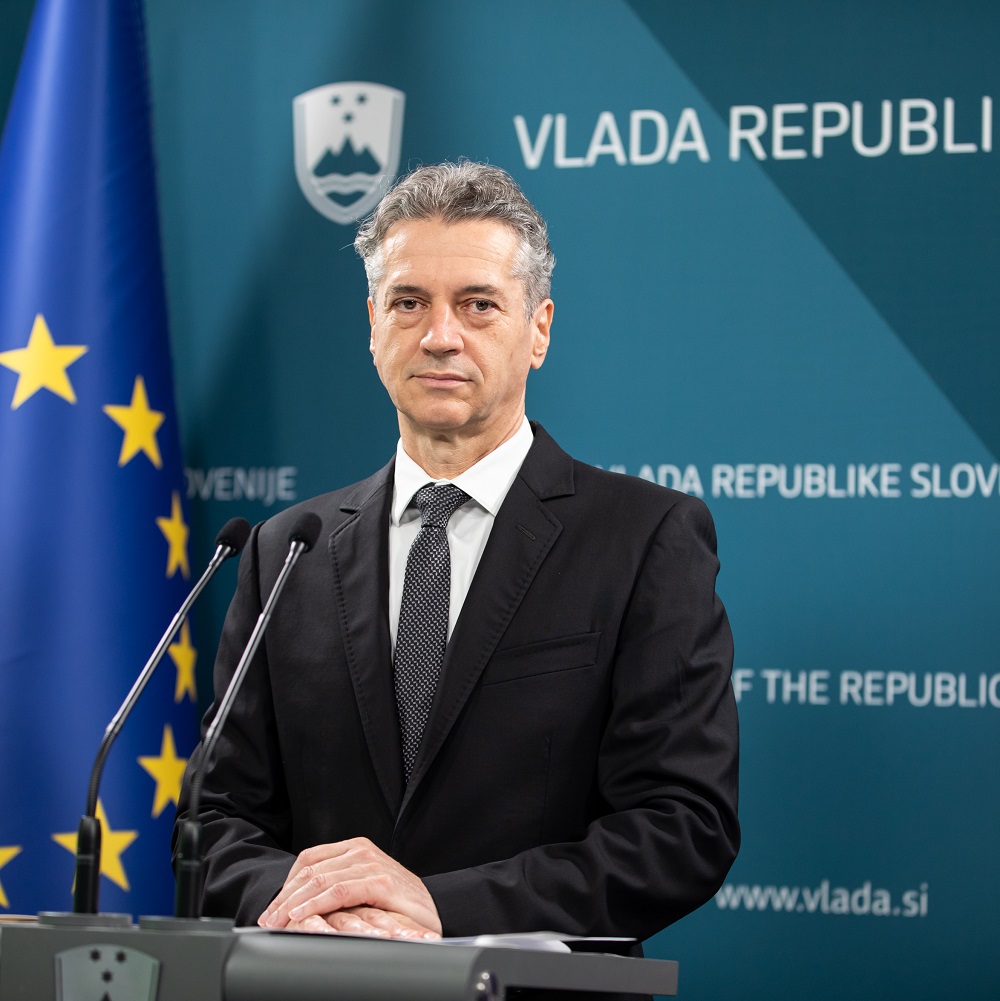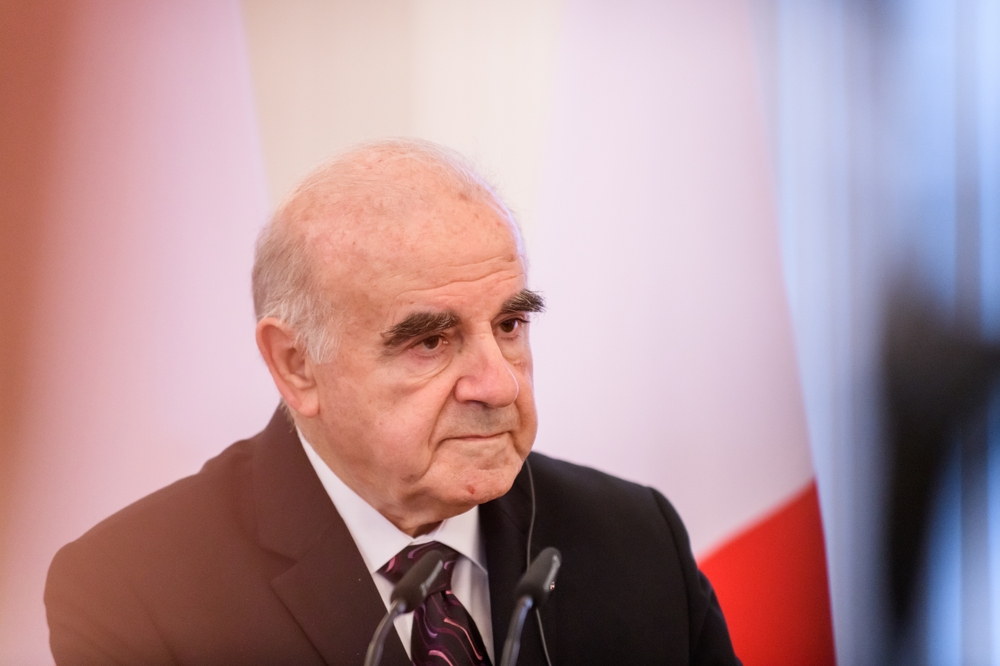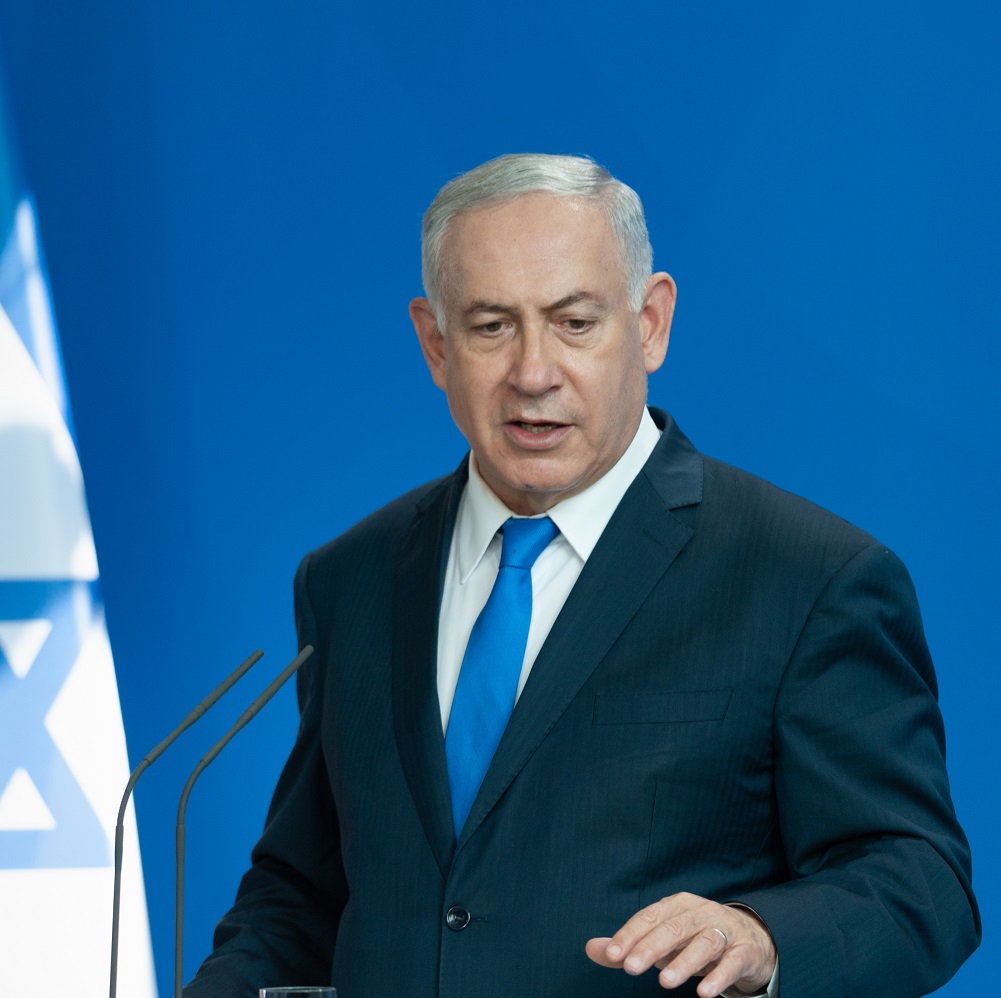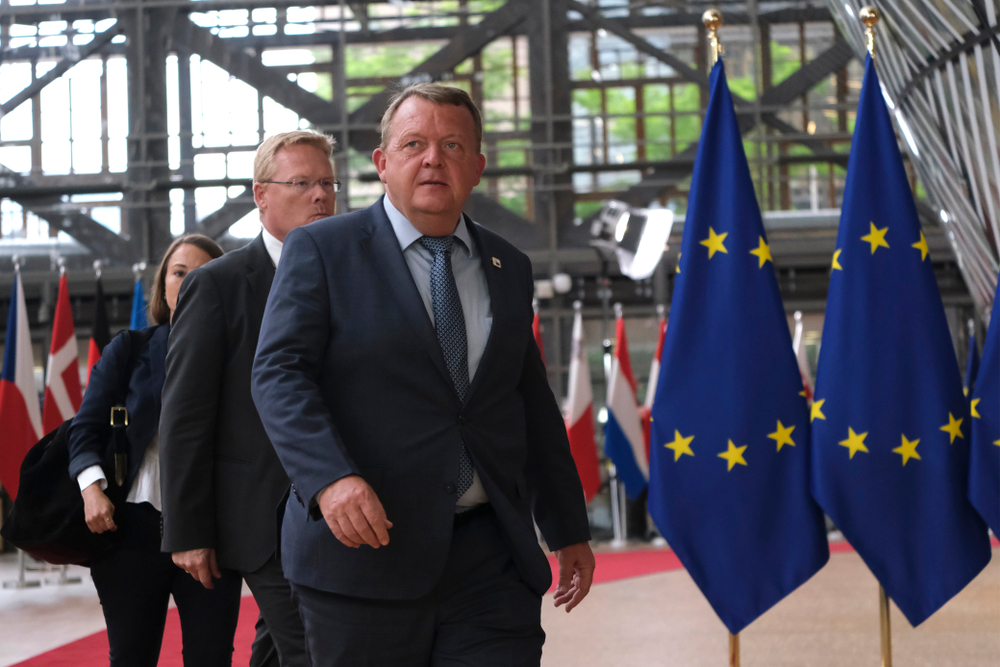
Speech of Danish Foreign Minister Lars Løkke Rasmussen - We will pursue a clear-sighted and realistic China policy
by Lars Løkke Rasmussen
This week I travel to China for the first time as Danish foreign minister. I was there at the end of 2017. At that time, I was prime minister and Xi Jinping had been president for four years. It was clear that there were major political changes underway in China - but also that there was still a desire for engagement and cooperation with the outside world. Here, six years later, the picture is different. China continues to pursue its interests in the world. But now with greater assertiveness and more muscle, and China is trying more directly to change the world order as we know it to China's own advantage. And they go to great lengths to protect their political system from outside influence. We in the West are therefore forced to relate to China in a different way. And that is exactly why I look forward to setting foot on Chinese soil again. Because even if we disagree politically on a number of things, not least in terms of values, China cannot be avoided. Neither economically nor politically. China is the world's largest economy when adjusted for purchasing power. China's GDP is on par with Europe's combined. China is now and in the coming years indispensable for the value chains of our business life. We also need China to solve the climate crisis. The country accounts for 30% of global emissions of greenhouse gases. Without China, we simply cannot achieve our climate ambitions. Just like China, it is a producer of many – indeed too many – of the technologies and raw materials that form a central part of our own green transition. Over the past many years, we in the West have become too dependent on China in several critical areas. There is no doubt about that. We have been somewhat naive for a long time. But we cannot react by decoupling ourselves from China now. It is simply not possible. We must be pragmatic idealists, as I call it, and pursue a committed, clear-sighted, and realistic China policy. This means, first of all, that we must free ourselves from critical dependencies. We must minimize our risk and become more resilient. In plain Danish, we in Denmark and Europe must be able to stand on our own two feet to a greater extent. The time when we perceived the whole world as one big factory is over. We must look after our supply chains at the seams. This applies to energy, critical raw materials, and technology. And then Denmark and the EU must pursue a more robust and strategic trade and industrial policy. Denmark, the EU, and our allies have significantly tightened their approach to China in recent years. It is wise and necessary. We must continue to address the challenges with China when it comes to interests, values and security with our partners and allies. The latter is important because Denmark cannot cope with Chinese power on its own. No European country can do that alone; for that, the size ratio is too unequal. Therefore, it is alpha and omega that we stand together in the EU on our approach to China in close dialogue with the USA and our allies in NATO. At the same time, pragmatic idealism means that we must not overrule. Driving from one ditch to another doesn't help. Europe must not become generally protectionist and we must cooperate with China on our common interests. My trip to Beijing and Shanghai has three purposes. Firstly, to agree a new Danish-Chinese work programme. Secondly, to open doors for Danish business so that they can deliver the green solutions the Chinese demand. And thirdly, to have an honest conversation with the Chinese government about our bilateral relations, about developments in the world and the things we see differently. There are many issues to discuss with China. Over the past 10 years, China has increased political control over its own population and suppression of fundamental freedoms. In Hong Kong, democracy and freedom of assembly and speech no longer exist. Uighurs are oppressed in Xinjiang. And in Tibet, a slow erosion of ethnic Tibetan culture and identity has long been underway. There is also the conflict over Taiwan. Half of all the world's containers are sailed through the Taiwan Strait, so the relationship across the strait has consequences for the whole world. Also, for the EU and Denmark. We emphasize that the conflict is resolved peacefully without violence, threats, or coercion. Like the USA and most other countries, Denmark pursues a one-China policy. This does not change the fact that we have strong economic and cultural ties to Taiwan. And many Danes have – like me – sympathy for the democratic governance reform that has been chosen in Taiwan. In light of Russia's aggression against Ukraine, it is also clear that China's close partnership with Russia is worrying. China has neither condemned the invasion nor demanded that Ukraine's full territorial integrity be restored, just as China is helping to spread Russian disinformation. In return, China has emphasized that it will not support Russia's aggression militarily. It is an important commitment and signal, and we must take them at their word. As a permanent member of the UN Security Council, China has a special responsibility to engage actively in the peace dialogue to end the war in Ukraine. We look at many things differently. When it comes to human rights, we must continue to hold China to international obligations. At the same time, the trade and climate conditions are such that we have to cooperate in those areas. Our current work program with China expired in 2020, so it is long overdue for renewal. Several have argued that Denmark should end the cooperation. I don't think that would be in Denmark's interest. At the same time, it would be a significant and wrong political signal not to renew it at all. But we have known for a long time that the program should look different. It used to be quite broad – even too broad, in retrospect. The new program must be more focused. We will cooperate with China on climate, green energy, environment, sustainable food production, green shipping, and health. For example, we can help China reduce its greenhouse gas emissions. It is good for both the climate and for Danish exports. It is important for us to focus the cooperation on the green areas in particular. If we only want to cooperate and talk with those we completely agree with, then I wouldn't have many places to go as Secretary of State. And that would not be good for either the economy or the climate. And not good for the overall political situation either. China is constantly seeking cooperation with countries around the world. They have global ambitions. They are not only asserting their influence in Asia, but also in Africa and Latin America. They offer themselves as partners in very specific ways without demands for democracy and human rights. Construction of highways and railways. Expansions of airports. Mining. China has invested billions of dollars in major construction projects across the African continent and created a huge debt burden. That kind of counts. Also, when it comes to votes in the UN. We in the West have to deal with that. Considered and strategic. We must strengthen existing partnerships and build new alliances based on equality and respect. We need to think more about building relationships. Education. Research. Exchange. We must also be present out there – in Africa, Asia, and Latin America – with offers for concrete collaborations. And get off the moral high horse a little. China's changed face could perhaps be glimpsed in 2017, when I was in China last. Now the challenge is clear to everyone. We must be critical of a number of China's global ambitions and their political system at the same time as we cooperate on trade and climate. This requires a committed, clear-sighted, and realistic China policy.









